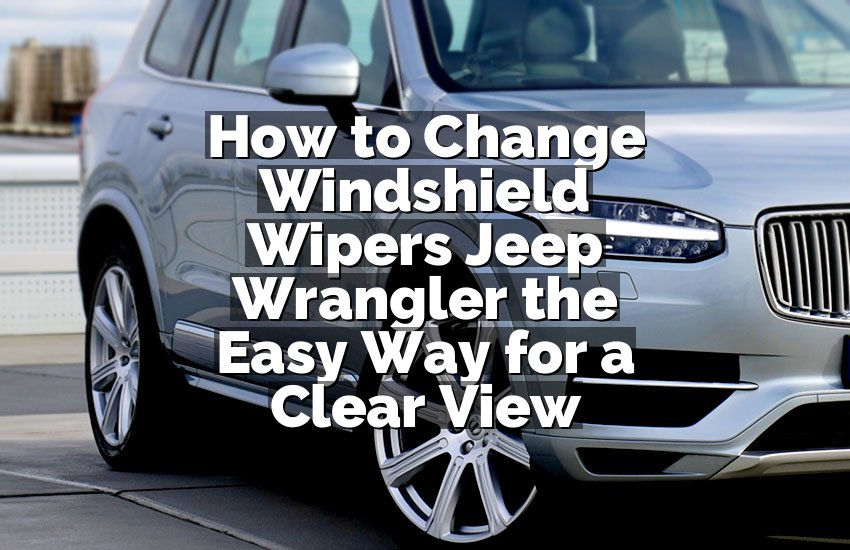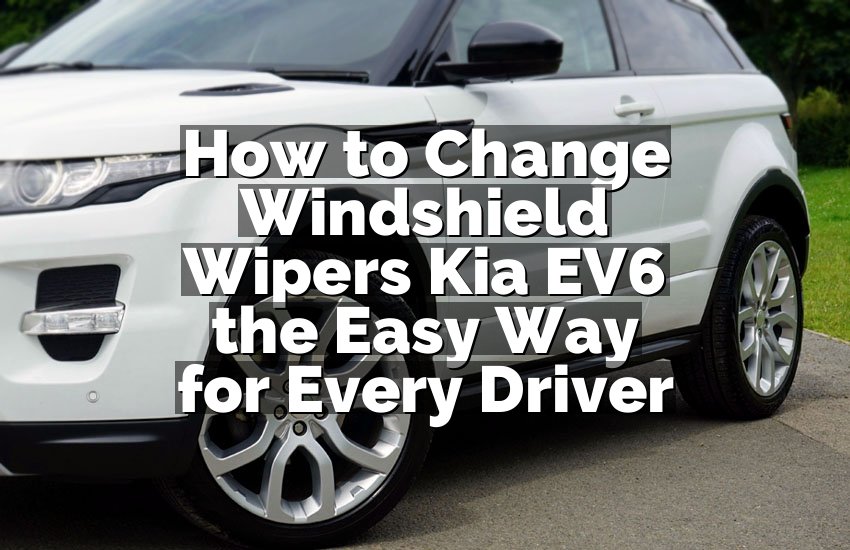Car covers can be worth the money to protect your vehicle from weather, sun damage, and debris, but they may require regular maintenance and can be inconvenient to use daily. They are also an effective way to prevent theft, keep your car clean, and maintain its value.
However, they may not be practical for daily use, and may trap moisture underneath, potentially causing rust or mildew. Overall, car covers can be a smart investment for long-term protection, but may not be suitable for everyday use due to inconvenience and potential maintenance issues.
Car covers offer a practical solution to safeguard your vehicle from various elements, but they also come with their own set of drawbacks. In this comprehensive guide, we will dive into the pros and cons of using car covers, helping you make an informed decision about whether they are worth the investment.
Benefits Of Using Car Covers
Car covers offer numerous advantages in terms of protecting your vehicle and maintaining its appearance. Let’s delve into some key benefits of utilizing car covers.
Protection From Elements
- Car covers shield your vehicle from rain, snow, and UV rays, preserving the paint and preventing rust.
- They help maintain optimal temperature inside the car, reducing the impact of extreme weather conditions.
- Preventing build-up of bird droppings, sap, and other pollutants, leading to a cleaner exterior.
Prevention Of Scratches And Dents
- Car covers act as a protective barrier against scratches, preventing damage from minor impacts and debris.
- They offer cushioning against accidental knocks, minimizing the risk of dents and dings on your vehicle.
- Reducing the need for frequent waxing and polishing to keep the car looking good, saving time and effort.

Credit: www.zdnet.com
Drawbacks Of Using Car Covers
While car covers offer several benefits for vehicle protection, there are a few drawbacks that need to be taken into consideration. It is important to understand these drawbacks before deciding whether investing in a car cover is worth it or not.
Potential For Abrasion
One of the potential drawbacks of using a car cover is the risk of abrasion. When a car cover is not properly fitted or if it is not made from high-quality material, it can rub against the surface of the vehicle and cause scratches or swirl marks. Additionally, strong winds or improper handling of the cover can lead to the cover rubbing against the paintwork, causing damage. To avoid this, it is crucial to choose a car cover that fits the vehicle perfectly and is made from soft, non-abrasive material.
Moisture Trapping
Another drawback of using car covers is the potential for moisture trapping. While car covers are designed to protect vehicles from rain and other weather elements, they can also potentially trap moisture underneath. This can happen if the cover does not have proper ventilation or if it is not breathable. Moisture trapped under the cover can lead to condensation, which can, in turn, cause damages such as rust or mold to the car’s exterior. It is essential to choose a car cover that is both waterproof and breathable to prevent moisture buildup.
| Drawbacks of Using Car Covers |
|---|
| Potential for Abrasion |
| Moisture Trapping |
- Potential for abrasion due to improper fitting or low-quality material
- Risk of scratches or swirl marks on the vehicle’s surface
- Damages caused by strong winds or improper handling of the cover
- Potential for moisture trapping leading to condensation and damage like rust or mold
- Importance of choosing a perfectly fitting cover made from soft, non-abrasive material
- Need for a waterproof and breathable cover to prevent moisture buildup
Factors Influencing Car Cover Effectiveness
Factors influencing car cover effectiveness play a crucial role in determining whether investing in a car cover is worth it. Consideration of factors such as material quality and proper fit is essential to make an informed decision. Let’s explore how these aspects can impact the effectiveness of car covers.
Material Quality
A key factor influencing the effectiveness of a car cover is the material quality. High-quality materials, such as durable polyester or UV-resistant fabrics, provide superior protection from environmental elements. These materials offer resistance to moisture, UV rays, and dirt, safeguarding the car’s paint and exterior. Conversely, low-quality materials may not offer the same level of protection, leading to potential damage to the vehicle’s finish.
Proper Fit
Another critical element impacting the effectiveness of a car cover is the proper fit. When a car cover fits the vehicle snugly, it provides optimal protection from dust, debris, and the elements. A well-fitting cover also reduces the risk of scratches and abrasions caused by loose fabric rubbing against the car’s surface. Therefore, ensuring the car cover is tailored to the specific make and model of the vehicle is vital in maximizing its protective capabilities.
Cost Considerations
When considering a car cover, one of the most crucial factors is cost. Understanding the initial investment and potential long-term savings associated with car covers is essential for making an informed decision. Let’s delve into the cost considerations of car covers to determine whether they are worth the money.
Initial Investment
Before evaluating the cost of car covers, it’s important to assess the initial investment required. Car covers come in a range of prices, from budget-friendly options to high-end, premium covers. Factors such as material, size, and additional features contribute to the variation in prices. A higher initial investment often correlates with better quality materials and enhanced protection. Consider the specific requirements for your vehicle to determine the most suitable and cost-effective option.
Long-term Savings
While the initial cost of a car cover may seem significant, it’s essential to consider the potential long-term savings they offer. By providing protection against the elements, including UV rays, rain, and snow, car covers can prevent damage to the vehicle’s exterior. This protection can minimize the need for frequent repairs and maintenance, potentially saving on costly expenses in the long run. Additionally, car covers safeguard the paintwork from fading and oxidation, preserving the vehicle’s value and reducing the likelihood of depreciation.
Alternatives To Car Covers
Considering the cost of car covers, it’s essential to weigh the advantages and drawbacks. While car covers offer protection against the elements, alternatives such as covered parking spaces or portable car shelters offer similar benefits without the expense of a high-quality cover.
It’s important to consider the specific needs and conditions of your vehicle before investing in a car cover.
While car covers are a popular choice for protecting your vehicle, they may not be the best option for everyone. Luckily, there are alternatives that can provide similar benefits without the hassle of covering and uncovering your car.
Garages Or Carports
One alternative to using a car cover is to park your vehicle in a garage or carport. These structures offer protection from the elements and can help shield your car from sun, rain, and snow. Additionally, garages provide added security against theft and vandalism. While garages and carports come with their own costs, they offer the convenience of not having to constantly put on and remove a car cover.
Ceramic Coatings
If you’re looking for a long-term solution to protect your car’s exterior, ceramic coatings are worth considering. These coatings create a protective layer that can guard against UV rays, chemicals, and scratches. Unlike car covers, ceramic coatings are permanent and do not need to be removed and reapplied each time you want to use your vehicle. They can also enhance the appearance of your car, giving it a glossy and sleek finish.
While ceramic coatings provide excellent protection, they do require professional application and can be more expensive than car covers. However, the long-term benefits and ease of maintenance may outweigh the initial cost for those looking for a convenient and durable solution.
Here’s a table comparing the alternatives to help you make an informed decision:
| Alternative | Pros | Cons |
|---|---|---|
| Garages or Carports | Protection from elements, enhanced security | Requires additional space and may be costly |
| Ceramic Coatings | Long-term protection, no need for cover application | Professional application, higher cost |
Considering these alternatives, it’s important to assess your specific needs and budget before deciding whether car covers or alternative options are worth the investment. Ultimately, finding the right solution to protect your car will provide peace of mind and help maintain its value over time.
:max_bytes(150000):strip_icc()/What-are-pros-and-cons-overdraft-protection_final-7e1203cee81b44119e888411c37aa809.png)
Credit: www.investopedia.com
Verdict On Are Car Covers Worth The Money
Verdict on Are Car Covers Worth the Money
Depends On Usage And Environment
Car covers beneficial in extreme weather conditions and areas with high pollution levels.
Regular use recommended for parked vehicles and those exposed to sunlight or rain.
Balancing Cost And Benefits
Consider long-term savings on repairs and maintenance costs with a car cover.
Investing in a quality cover ensures protection for your vehicle’s exterior.
Tips For Getting The Most Out Of Car Covers
Discover the benefits of using car covers to protect your vehicle from various elements, including dust, weather, and scratches. Car covers can help you maintain the appearance and resale value of your car. However, there are also some drawbacks to consider, such as the time and effort required to put on and remove the cover, as well as the potential for moisture to become trapped underneath.
Regular Cleaning And Maintenance
Keep your car cover clean by regularly removing dirt and debris.
- Clean the cover according to the manufacturer’s instructions.
- Inspect for any tears or damage and patch them promptly.
Proper Installation
Ensure a secure fit by following these installation tips.
- Smooth out wrinkles to prevent water collection.
- Fasten the straps tightly to avoid flapping in the wind.
Final Thoughts
Car covers offer both advantages and disadvantages, making their value subjective. While they protect against dust and scratches, they can also trap moisture. Additionally, car covers may be worth the investment for those who don’t have access to covered parking, but unnecessary for others who have secure parking options.
Ultimately, the decision to purchase a car cover depends on individual needs and preferences.
Are car covers worth the money? It’s a question that often arises when considering the pros and cons of investing in a car cover. While personal preference certainly plays a role in the decision-making process, it’s essential to weigh the pros and cons to make an informed choice. Let’s explore these factors further.Personal Preference Plays A Role
When it comes to car covers, personal preference can significantly influence the decision-making process. Some car owners prioritize protecting their vehicles from the elements, dust, or potential scratches, while others may not see the need. Understanding your own priorities and the level of importance you attach to preserving the condition of your car is crucial in determining whether a car cover is worth the investment for you.Weighting The Pros And Cons
To assist you in making a well-rounded decision, let’s delve into the pros and cons of investing in a car cover.Pros:| Affordable Protection | Preserves Exterior |
|---|---|
| Car covers offer an affordable way to safeguard your vehicle from natural hazards, such as tree sap, bird droppings, and UV rays. | A quality car cover shields your car’s exterior from scratches, dings, and paint erosion caused by environmental elements, ensuring your vehicle maintains its resale value. |
| Easy Maintenance | Increased Security |
| Regularly cleaning your car might become less frequent if you use a car cover, saving you time and effort in maintenance. | A car cover adds an extra layer of protection against potential theft or vandalism, deterring criminals and providing peace of mind. |
- Difficult Installation: Car covers can sometimes be challenging to install, requiring time and effort.
- Moisture Accumulation: If a car cover is not breathable or properly ventilated, it can trap moisture underneath, leading to mold and mildew growth.
- Frequent Removal: If you regularly use your car, and the cover requires frequent removal and installation, you may find it inconvenient.

Credit: www.creditkarma.com
Conclusion
To wrap it up, car covers come with their own set of pros and cons. They offer protection against sun damage, dust, and scratches, helping to maintain the car’s aesthetics and value. However, they may also trap moisture and dirt, and require regular cleaning and maintenance.
Ultimately, the decision to invest in a car cover depends on individual needs and preferences. Consider factors like climate, parking conditions, and the overall value of the vehicle before making a choice.


